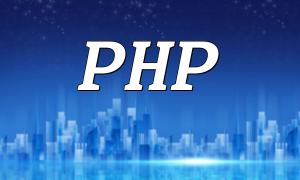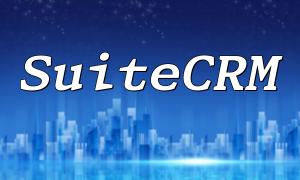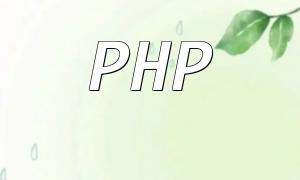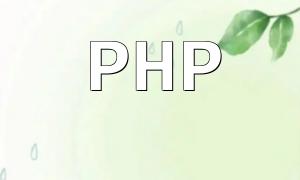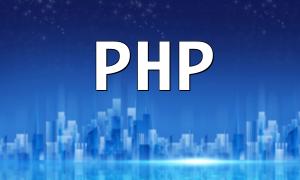Social media applications are an indispensable part of modern digital life, connecting people, providing information, and offering entertainment. To maintain smooth operation and rapid responsiveness, continuous integration and delivery (CI/CD) processes are essential, and PHP frameworks are powerful tools for implementing them.
Continuous integration is a software development practice that frequently merges code changes into a shared repository to detect issues early. Continuous delivery extends this practice by automating deployment, allowing new features to reach users quickly and reliably.
PHP frameworks provide pre-built components for routing, templates, validation, and other common tasks. In a CI/CD environment, they can automate key processes such as building, testing, and deployment.
PHP frameworks can improve CI/CD efficiency by automating the following processes:
For a social media application called "SocialConnect," a CI/CD setup could include:
When developers push code to the Git repository, Jenkins automatically triggers the build and test process. If tests pass, Capistrano deploys the changes to production. This fully automated workflow ensures fast and error-free releases.
PHP frameworks contribute to application quality in CI/CD beyond automation, including:
Using PHP frameworks allows social media applications to implement efficient CI/CD processes. By automating workflows and improving quality, PHP frameworks help ensure application stability, high performance, and continuous innovation.


